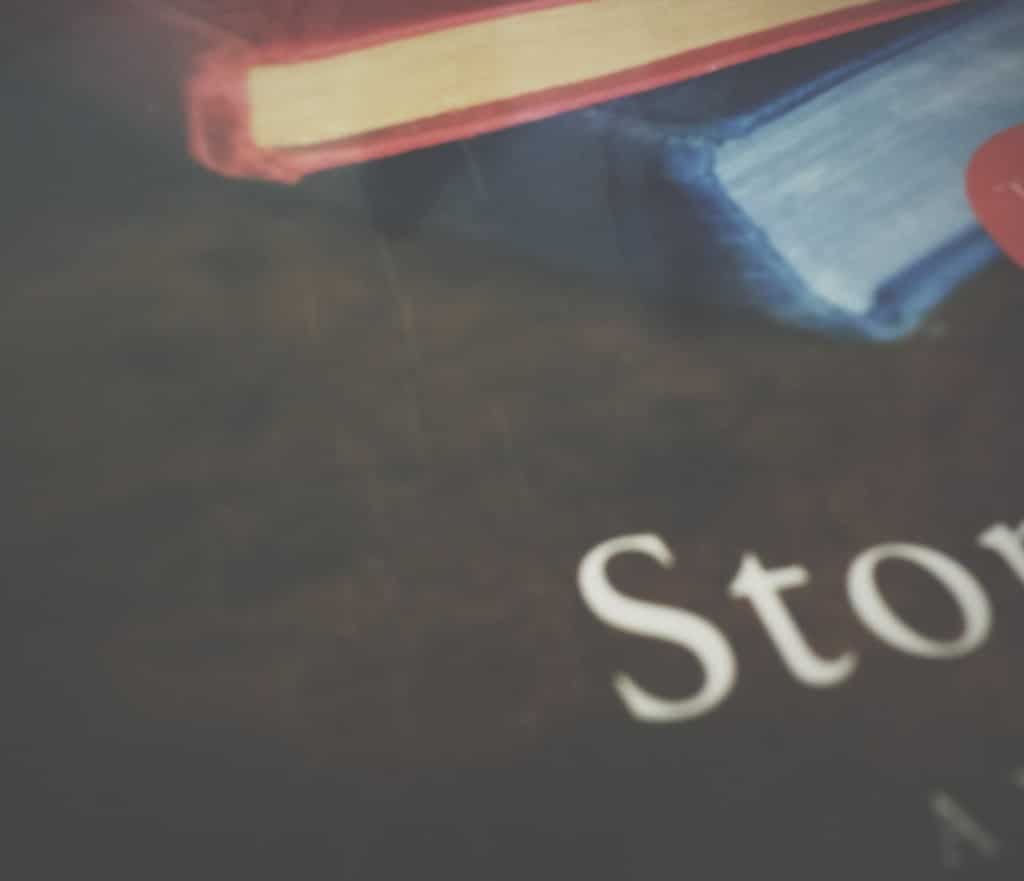Stoner - John Williams
“In the University library he wandered through the stacks, among the thousands of books, inhaling the musty odor of leather, cloth, and drying page as if it were an exotic incense.”
Although I thought I was 50 years late to reading (and writing a review of) Stoner (1965) by John Williams, it turns out I'm really only a year or two late. Apparently this unassuming and, in some ways, unremarkable novel was the must read book of 2013 according to Julian Barnes writing in December of that year. Anyway, it is indeed a substantially good read - worthy of the fanfare it received recently, and almost frustrating that it did not receive similar reviews during Williams's own lifetime.
It is fitting though that the success of the book seems to be a Pyrrhic victory for Williams, as the text is littered with examples of similar hollow wins for Stoner. An example of this comes towards the end of his academic career. He manages, after some particularly volatile in-fighting and a long wait, to teach one of his original graduate seminars (one particularly suited to his interests) and the text states: "It was a triumph in a way, but one of which he always remained amusedly contemptuous, as if it were a victory won by boredom and indifference."
I originally read (well, listened to it as an audiobook) Stoner about a year ago. At that time it struck me as an academic novel, a very literary read. This was probably mainly due to Stoner's position as an academic - first as a student and later as a lecturer, or professor. However, a second reading seems to have revealed a much wider scope than that.

The novel is an investigation into one man's whole life. You get the impression his career and his choices are largely inconsequential - it seems the greater truths of his life would remain no matter what his situation. It is, however, the academic passages which become Williams' vehicle to present these truths though. There are some very beautifully written moments. In particular the scenes of artistic or literary revelations and the sense that these personal moments really contribute to finding an answer to life's questions and absurdities (although it may be hinted that perhaps, ultimately, they do not).
One example of this which stood out for me, as I am sure it would for many readers, is the moment in which Stoner hears (for the first time, one presumes) Shakespeare's seventy-third sonnet. The passage begins with a recitation of the sonnet, has a middle section in which Stoner reflects upon the piece and himself, and then a third section in which his professor brings Stoner back from his revelry and into the classroom. The particular power of this passage is held within that middle section. The poem, and, importantly, the professor's resolve and insistence to convey its meaning and purpose ("What does he say to you Mr. Stoner? What does his sonnet mean?") to at least one listening pupil, unleash a catharsis so powerful within Stoner that he holds his breath and examines his own natural state, the essence of his being.
"William Stoner became aware that for several moments he had been holding his breath. [... He] became aware that his fingers were unclenching their hard grip on his desk-top. He turned his hands about under his gaze, marveling at their brownness, at the intricate way the nails fit into his blunt finger-ends; he thought he could feel the blood flowing invisibly through the tiny veins and arteries, throbbing delicately and precariously from his fingertips through his body."
It becomes clear here that Stoner has never actually contemplated the nature of his existence; he has never philosophised about humanity and, more directly, his own short existence within it until this point. It is art, more specifically literature, which brings about this realisation of some sort of esoteric knowledge; and furthermore it is through art that this knowledge can be explored and gained. Stoner's own inability to purvey this feeling to his class mates and the professor ("'It means,' he said again, and could not finish [...]") demonstrate how taken aback he is by this new feeling. This inability also gives rise to the lingering philosophy of the absurd found throughout the novel and the feeling that, although art and culture may contain the keys to this knowledge, an ultimate answer to all of life's questions may in fact be unattainable.
“He had come to that moment in his age when there occurred to him, with increasing intensity, a question of such overwhelming simplicity that he had no means to face it. He found himself wondering if his life were worth the living; if it had ever been."
[...]
"He took a grim and ironic pleasure from the possibility that what little learning he had managed to acquire had led him to this knowledge: that in the long run all things, even the learning that let him know this, were futile and empty, and at last diminished into a nothingness they did not alter.”
It is a rare piece of literary greatness that deserves its new found position as a classic. The novel is unique in its devotion to exploring the true human condition; it does so with an intense tenderness, and is skillfully written throughout.
2015 is the novel's fiftieth anniversary, grab a copy here to celebrate...